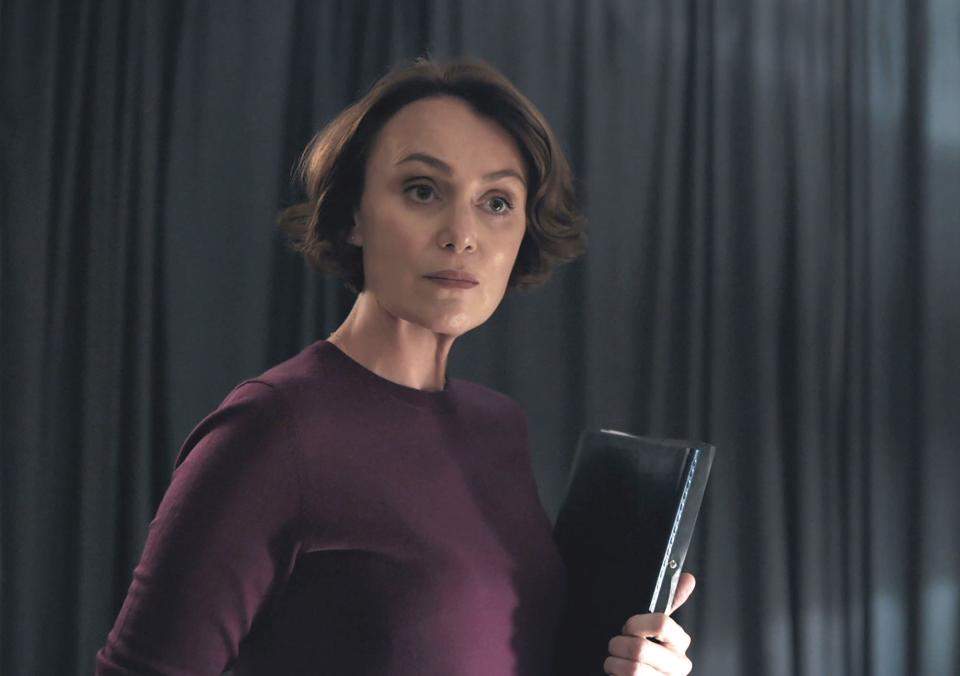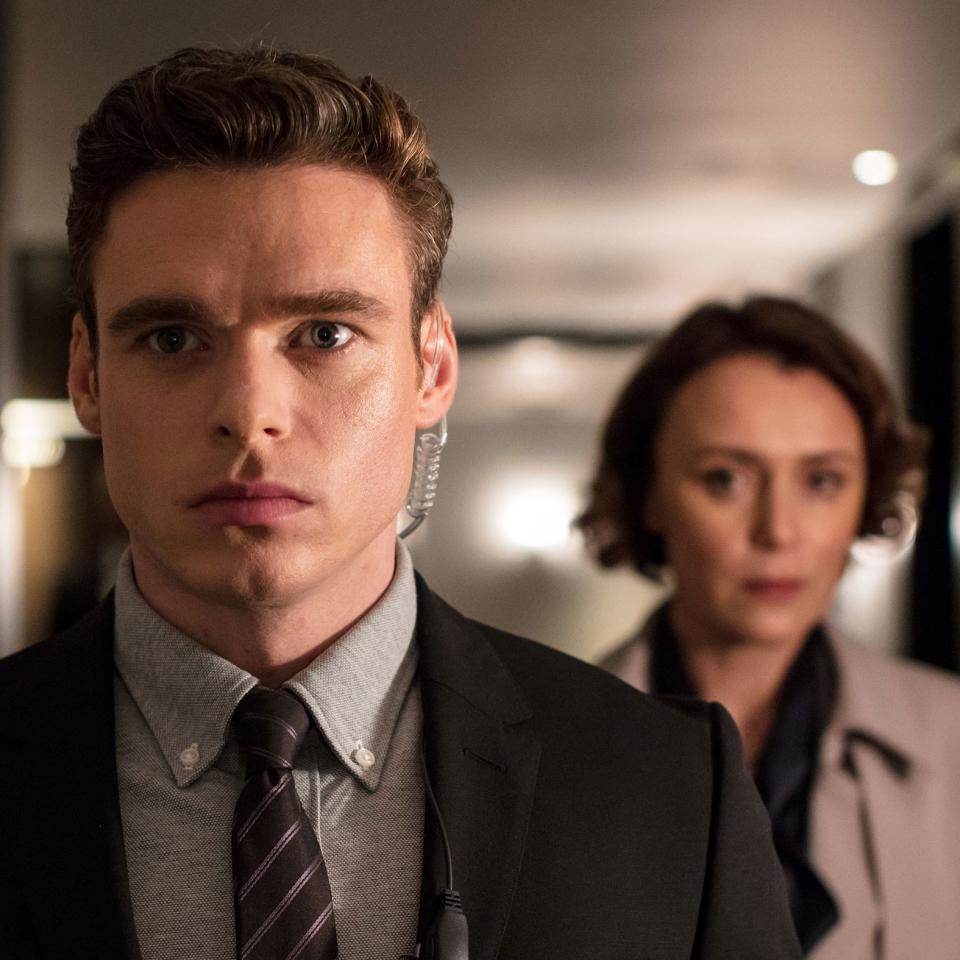Bodyguard Is the Best Political Thriller Since Homeland
In 2011, when Homeland premiered, TV-streaming services were in their infancy. Ten years earlier, when 24 debuted on Fox, the idea of “appointment television” was pretty much just how television worked: You watched the shows when they were on, or you taped them. Which is to say, a thriller was a thriller, constructed of cliff-hangers and carefully calibrated revelations that (ideally) left you hungry for more. “Bingeing” was a concept reserved for Doritos or donuts.
Now, of course, Netflix, Amazon, Hulu, and the like give insomniacs new friends, and ruin (or make, depending on your perspective) entire weekends. Who needs sunshine when you have the latest season of Transparent to fritter away with the Pfeffermans? And for high-stakes dramas, the game has shifted: What does it meant to be left on the edge of your seat when you can just sit back and click your way to the next episode? Releasing a thriller that has already premiered in another country to the kind of rapturous reviews that cause a minor cultural quake (and garners ratings to rival the World Cup) is an even trickier endeavor. Which is also to say: If you’d like to partake of the phenomenal new six-part BBC show that is Bodyguard, released today in its entirety on Netflix, you’re going to have to try pretty hard to avoid the spoilers.
But you should. (Spoiler alert: I’m going to talk about things that happen in the first episode, but I’ll limit it to that.) Bodyguard is probably the best political thriller since Homeland, and like Homeland it’s a thriller that is more than the sum of its parts. The show opens with our hero, Sergeant David Budd (Richard Madden), riding a train with his two small children, returning from a visit to his mother’s. He’s an off-duty policeman, but he’s never really off-duty. When he sees a harried-looking conductor scanning passengers, he knows something foul is afoot. Before we know it, he’s confronting a terrified female suicide bomber who has frozen with her finger hovering above the trigger.
Budd flashes her a photo of his kids in the next train compartment and tells her that she doesn’t have to do it. He was a soldier in Afghanistan, he says to her, and people like them are just the pawns that die in someone else’s struggle—unless they chose not to. His equanimity and empathy does not extend to the rest of his colleagues, who quickly set up a sniper to take her out. Aware that this is the likely direction of events, he grabs her in an embrace so that they can’t kill her unless they kill him, too.
Bodyguard is filled with these kinds of unlikely convergences, and at the same time, the people you expect to prop each other up are alienated, unspoken traumas dividing them from communion. When Budd returns his kids to the London split-level where they live with their mom, she rebuffs him when he leans in for a goodnight kiss. Something is rotten, and we don’t know what. Later in the same episode, Budd is rewarded for his bravery on the train by being appointed the bodyguard of the Home Secretary, Julia Montague (Keeley Hawes), a bellicose political climber who believes that increased surveillance is essential to security. Budd attaches himself to her, riding in her car, casing her apartment to make sure there are no hazards hiding amid the muted grays of the wallpaper and the waffle-weave blankets on the bed. He stays so long in this intimate, domestic space that she has to eventually make the official request that he “fuck off.” A bodyguard makes his charge uncomfortable, a mother and a father fail to kiss, a terrorist hugs a cop—the shifting alliances essential to any political thriller are made brilliantly, physically evident in this show.

That brilliance loses some of its acuity as the episodes progress; the intrigue becomes so dizzyingly complex that the control of the early episodes is somewhat wasted. And the show has been (lightly) criticized for turning Budd into something of a cipher. It’s true that Madden gives a laconic performance that includes long periods of standing around, watching, and occasionally muttering into a walkie talkie earpiece. But what his character lacks in loquacity, he makes up for with his steely gaze and rigid jaw. (In the vein of Claire Danes’s wavering chin, I hereby nominate Richard Madden’s jaw for an entry into the annals of legendary televised facial features.) In fact, it’s partly Madden’s withdrawn mystery that makes his occasional interjections all the more delightful. When Budd tries to move Montague away from an an aggressive MP, who responds by asking the Home Minister to call off “her monkey,” Budd (seemingly Caucasian) deftly defuses the situation by cooly informing the MP that he’s “mixed race”— a lie that preys on the MP’s own desire to avoid bad PR, and allows Budd and Montague a swift exit.
Budd’s blankness allows that central tropes of the political thriller genre—that people are not what they seem—to play out all over his face. It’s hard not to feel sympathy for a cop who goes out of his way to save a train full of innocents and the life of a young terrorist who he thinks has been brainwashed by more nefarious characters, and yet, there’s an unsettling chilliness to his demeanor. Is his stoicism the mark of a consummate professional, or does it mask something more sinister? Madden’s face is the kind of canvas that you want to watch for clues.


